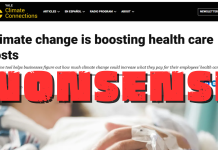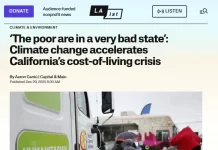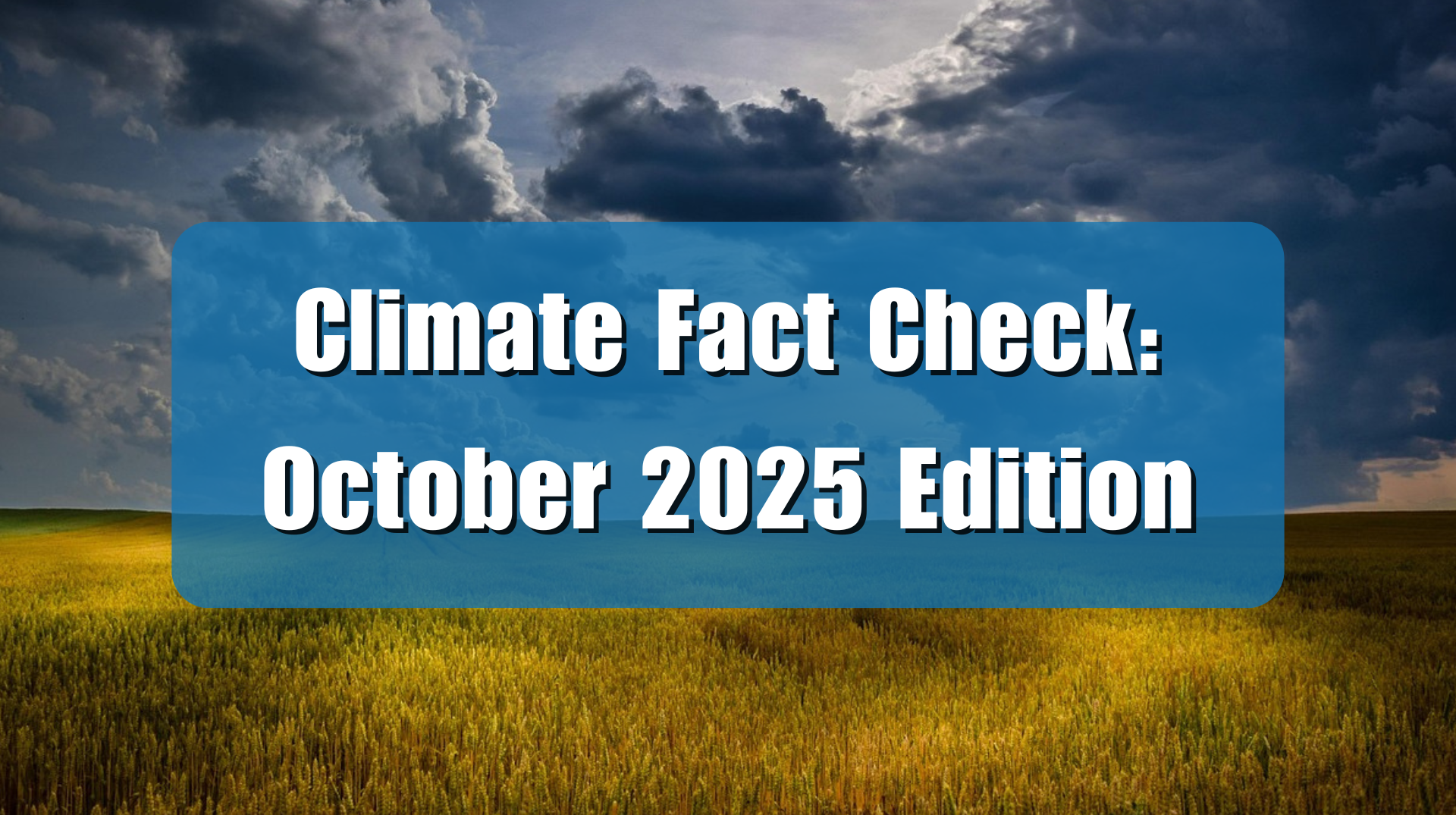The Biden administration made headlines on Friday by imposing a “social cost of carbon” – to be factored into federal cost-benefit analysis – that is more than six times higher than the social cost of carbon determined by the Trump administration. However, economist and data scientist Kevin Dayaratna published an article yesterday documenting that the alleged social “cost” of carbon may actually be a social “benefit” of carbon.
In an article for the Daily Signal, Dayaratna observes that any accurate assessment of the social cost of carbon must include social benefits as well as merely social harms. Importantly, Dayaratna observes that any sound cost/benefit assessment must take into account “positive agricultural feedback effects associated with carbon dioxide emissions.”
“In fact, we found that under very reasonable assumptions, those benefits can outweigh the costs, suggesting that the social cost of carbon can indeed be negative,” Dayaratna writes. “The policy implication of a negative social cost of carbon is that the government should not be taxing carbon dioxide emissions, but should be subsidizing it instead.”
“We don’t take the position that the government should either be taxing or subsidizing carbon dioxide emissions,” observes Dayaratna, “but the sheer fact that that the model can illustrate either, under very reasonable assumptions, illustrates how susceptible these models are to user manipulation.”
Dayaratna’s full article, “Why ‘Social Cost of Carbon’ Is Most Useless Number You’ve Never Head Of,” can be read here.

























[…] “In fact, we found that under very reasonable assumptions, those benefits can outweigh the costs, suggesting that the social cost of carbon can indeed be negative,” Dayaratna writes. “The policy implication of a negative social cost of carbon is that the government should not be taxing carbon dioxide emissions, but should be subsidizing it instead.” (Source) […]